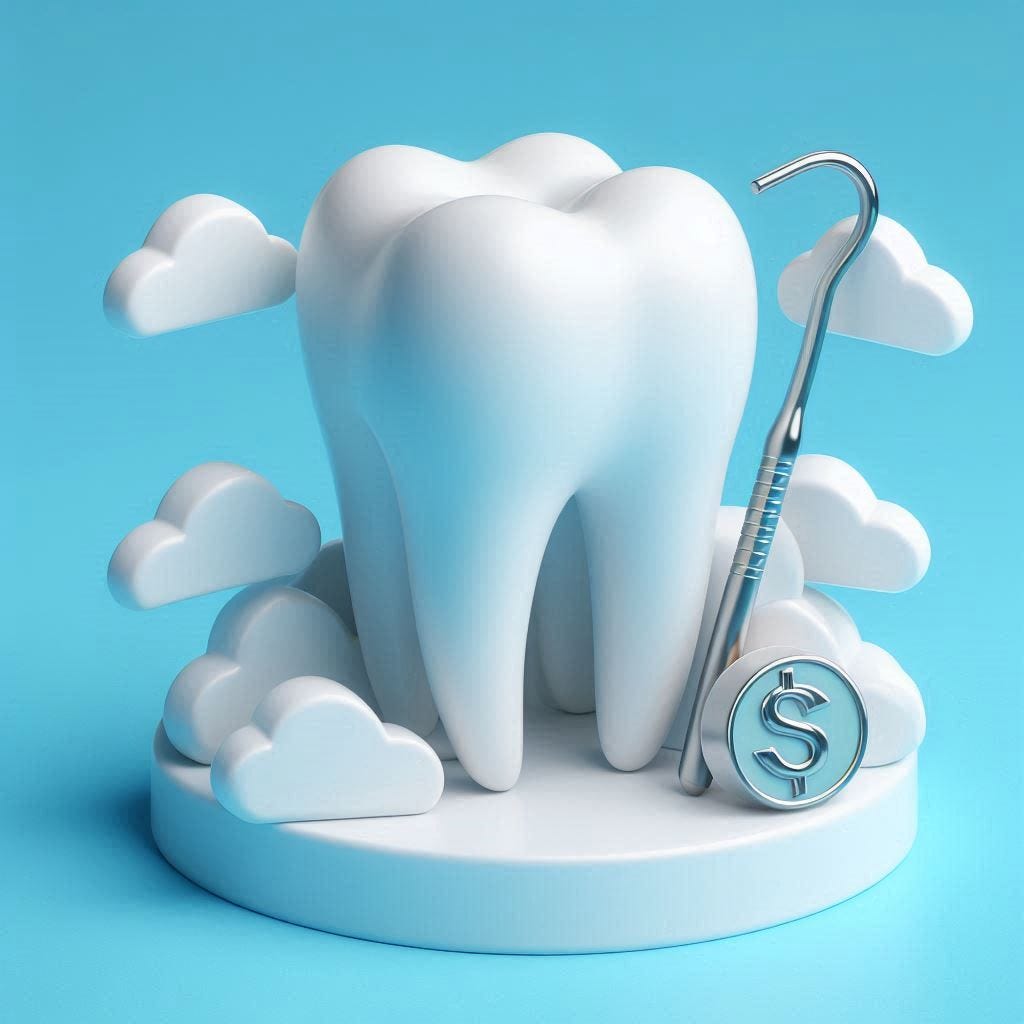Is it time to hang up the tools?
Should there be a mandatory retirement age for dental practitioners?
Superannuation seems to be a hot topic at the moment, whether it is cases of dentists misusing the early release superannuation scheme or proposed changes to how superannuation balances greater than $3 million are taxed. But a phone call this week got me thinking about the true purpose of superannuation. Retirement. And specifically, the question of what age dentists should retire?
So I asked a colleague.
‘The week before you f**k-up.’
Sound advice.
Back to the phone call. It came from a trusted friend who is also a (non-dental) health professional, seeking some guidance regarding care they had recently received from their dentist. Let me set the scene. Their dentist is older than 75 years of age, and my friend has been a long standing patient over many decades without incident or concern.
However, at consecutive recent appointments, the patient experienced two events that made them question the competence of the dentist. These events were not severe and did not result in lasting or permanent physical harm, but they were certainly distressing for the patient. Distressing enough to pick up the phone and seek some guidance.
Specifically, they wanted to know whether dentists should really still be practising at this age and whether the age of the dentist might have contributed in some way to the events that they experienced. My friend was self-aware enough to understand that - as a health professional themselves approaching retirement age - this was a sensitive issue. But they were also cognisant that dentists require a sharp mind, steady hands, impeccable vision and good reflexes – all things that are eventually ravaged by the sands of time.
After we discussed the circumstances and nature of what they had experienced, they were sufficiently reassured to know that these were things that perhaps sometimes just happened, but still wondered whether increasing age might have contributed in some way, and therefore whether it might be an issue relating to competence.
Was it something worthy of a complaint or notification? Did it perhaps fit into the mandatory notification space? So we had a good discussion about that too.
Mandatory notification to Ahpra is a complex issue. A practitioner must form a reasonable belief that another practitioners’ treatment of patients represents a significant departure from professional standards AND places the public at substantial risk of harm. The guidelines refer to impairment.
The National Law defines impairment as ‘a physical or mental impairment, disability, condition or disorder (including substance abuse or dependence) that detrimentally affects or is likely to detrimentally affect the person’s capacity to practise the profession’.
Age itself is not specifically mentioned in the context of impairment, but there are examples given of whether dementia or tremor might constitute sufficient grounds for an impairment notification. It’s definitely a touchy subject.
Last year I wrote about a move by the Medical Board of Australia to consider mandatory health checks for late career doctors - a consultation that still hasn’t been finalised with any outcomes or recommendations. This move was based in part on the increase in the number of complaints made against older doctors, with the frequency of notifications (mostly related to clinical care, communication and medication errors) regarding older doctors doubling from 36.2 per 1,000 practitioners in 2015 to 69.5 per 1,000 in 2023 for doctors aged 70 years and older. Complaints against doctors aged 70-74 years increased 130%, and complaints against doctors aged 80 years and older increased 180%. For comparison, notifications about younger doctors (under the age of 70 years) only increased 63% over the same period (from 23.4 to 38.3 per 1,000 practitioners). This suggested that factors associated with ageing (and not a broader community trend of increasing complaints) was behind this trend.
In dentistry data on complaints and notifications is scant, but we published a study in 2018 that analysed Ahpra data from 2011 to 2016. This study found (after adjusting for sex, practice location and jurisdiction) that practitioners aged 66+ years had 1.8 times the risk of a notification compared with those aged 35 years or younger. It’s a study that probably now needs to be updated so that we can have this conversation with recent evidence.
Over the past decade we have seen an increase in the number of dentists aged 65+ years. In 2013 there were 767 registered dentists aged 65-74 years and 109 aged 75+ year who reported that they were still working, mostly in clinical roles (with a small number working as administrators, academics or researchers). By 2023, this had increased to 1,053 aged 65-74 years and 210 aged 75+ years. On current trends, the number of dentists aged 65+ will continue to increase for quite a while.
My health professional friend and I reflected on the fact that some practitioners end their careers mired in the complaints and notifications process, and that it would be a shame to move into retirement on such a negative note.
Knowing when to retire can be an easy decision for some practitioners, and a much harder decision for others. Particularly for people whose professional and personal identities are intertwined, or when there are financial pressures.




Hi Matt,
Yep a tricky issue. Elders do carry their history and experience known as “wisdom” - but often their physical and mental capacities complicate their capacity to deliver what they have learned. Trump, Biden and a host of other Elders have totally lost the plot, and I hope elder, retired, dental academics don’t fall into the same category. In this modern world, I think the single key attenuating issue should be collaboration - in dental practice (public or private) communication between young and older practitioners - prior to formalising a treatment plan, would allow the most appropriate practitioner to carry out that aspect of the plan which best fits their skill and expertise. Maybe the same approach applies in dental academics. Cheers, Clive